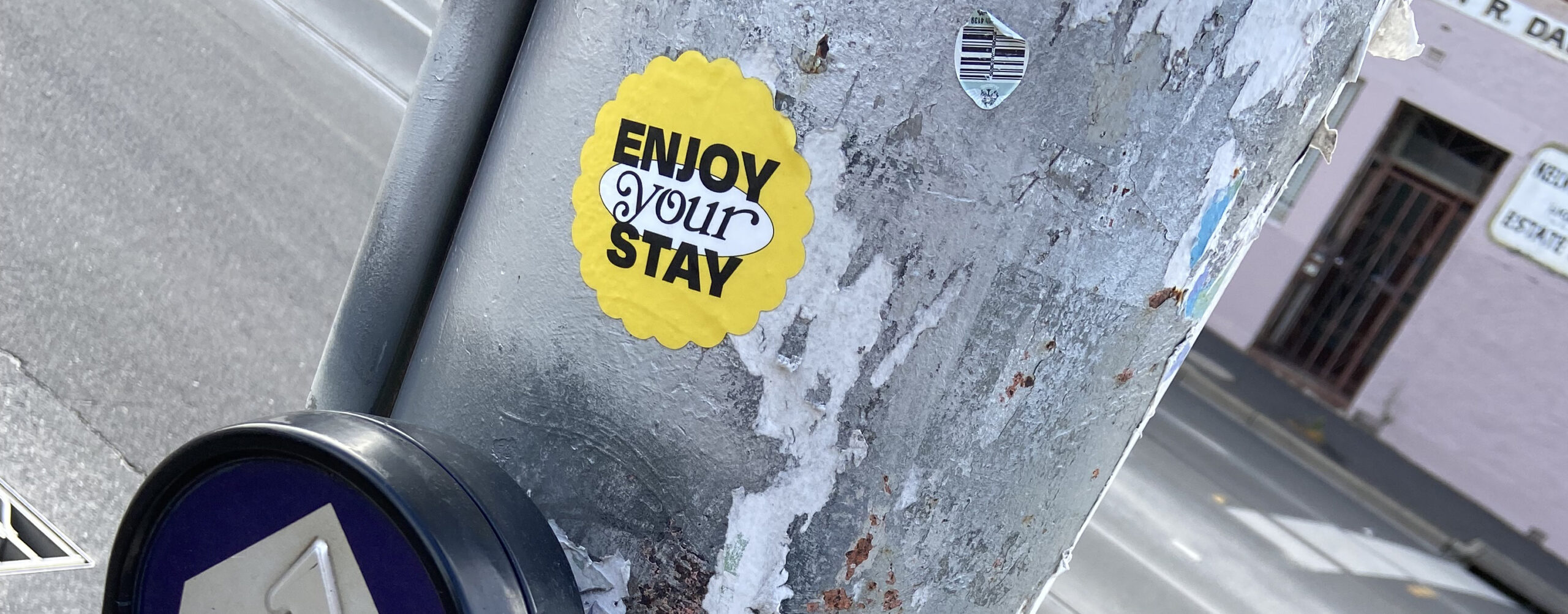striking changes being the establishment of dedicated COVID-19 wards in hospitals across the globe. These wards have become the frontline in the battle against the virus, but they also serve as a poignant reminder of the isolation and emotional toll that many patients, healthcare workers, and families have endured.For patients battling COVID-19, these wards can be incredibly isolating. Stripped of personal belongings, cut off from family and friends, and surrounded by masked healthcare professionals, the experience can be surreal and lonely. The absence of physical contact and the inability to see loved ones exacerbate feelings of isolation. Patients are often left alone with their thoughts, grappling with fear and uncertainty about their health and the future.Healthcare workers on COVID-19 wards also face isolation of a different kind. Long hours, strict infection control measures, and the emotional burden of witnessing patients suffer and die can lead to feelings of isolation and burnout. The sense of isolation extends beyond the hospital, as many healthcare workers are afraid to return home and potentially expose their families to the virus.Families of COVID-19 patients experience their own form of isolation. They are forced to communicate with loved ones through phone or video calls, unable to provide the physical comfort and support that is so desperately needed during illness. The fear of losing a loved one without the chance to say goodbye is a haunting reality for many.Despite the isolation, COVID-19 wards also highlight the resilience and compassion of humanity. Healthcare workers provide care and comfort to patients in their darkest hours, often forming deep emotional connections. Families find new ways to show their love and support from a distance. Communities rally behind healthcare facilities, offering help and encouragement.In these COVID-19 wards, isolation is a pervasive theme, but so is the determination to overcome it. It serves as a poignant reminder of the importance of human connection and the need to find innovative ways to support one another during these challenging times. The pandemic has undoubtedly changed healthcare, but it has also revealed the indomitable spirit of individuals and communities worldwide.

Pages: 1 2
